There’s a big difference between sensitive and *sensitised* skin—here are four derms on the key distinctions
Plus, ways to approach both
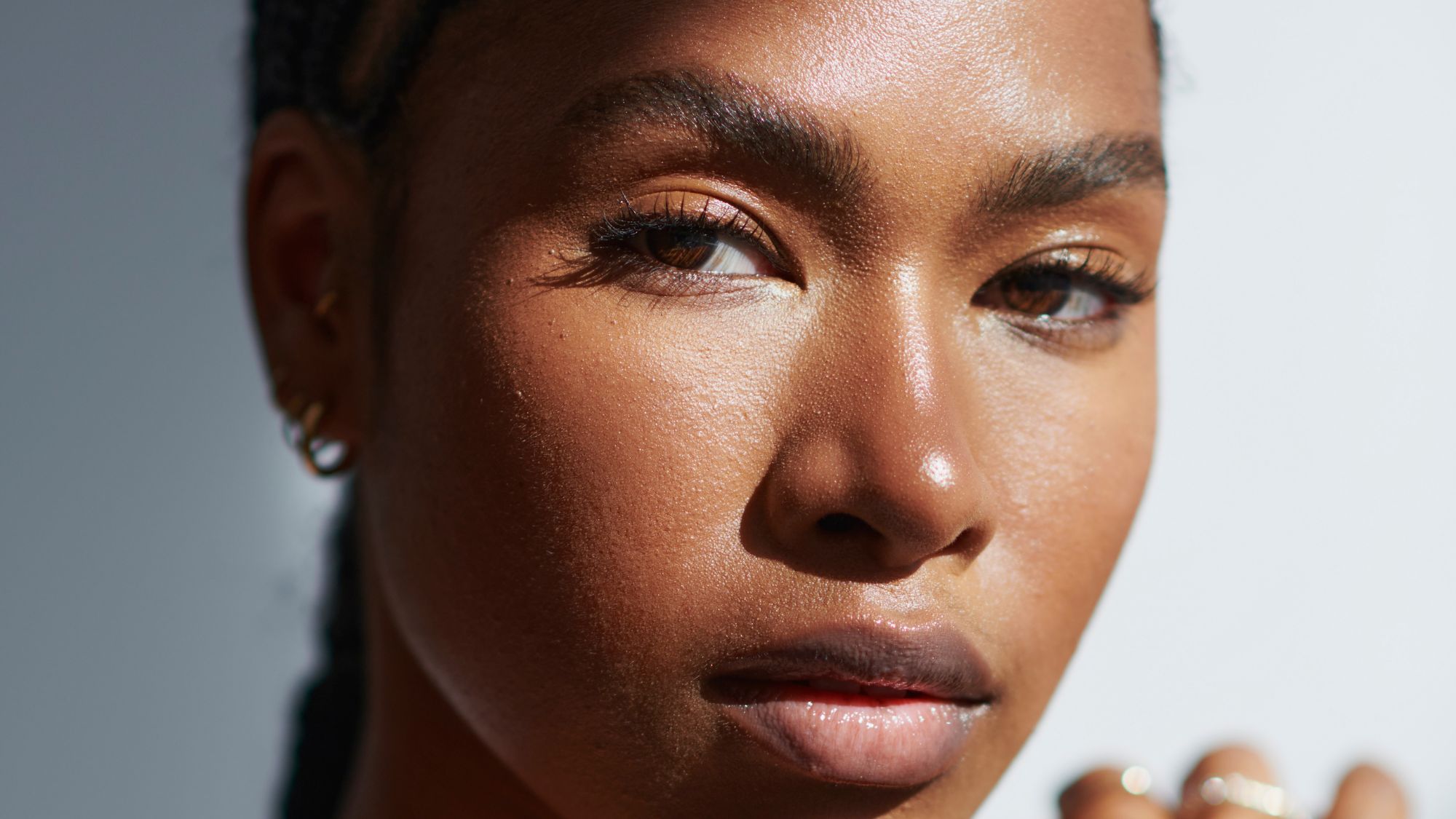

In the world of skincare, sensitive skin is an age-old hot topic, but it’s also quite a nuanced one, too. It's easy enough to deem your skin “sensitive” as soon as you notice the slightest hint of a flare-up or inflammation. How could you not, when our social media feeds are flooded with unsolicited skincare advice? But unfortunately, much of it doesn't lead to a correct diagnosis.
The data doesn't lie either: studies show that approximately 60–70% of women report having some degree of sensitive skin. But what if I told you that you could be dealing with a whole separate condition that may well call for a different approach?
The truth is, not everyone who suspects they have sensitive skin actually has it. What you may be dealing with is a phenomenon called sensitised skin. I know what you’re thinking: both terms sound similar enough to confuse, but make no mistake—each comes with its own set of causes, requiring different priorities and treatment. So, how can you tell if your skin is truly sensitive or sensitised?
As a beauty journalist, my job is to cut through the noise and lift the lid on what’s going on beneath the surface, literally. Having gone through more skincare mishaps than I can count, I know the consequences of mistreating your skin all too well. To get to the bottom of it, I spoke to top dermatologists to clear up the confusion and break down all the ‘dos and the ‘don’ts so that you can curate a skincare routine that works in line with your true concerns.
What is the difference between sensitive and sensitised skin?
"Confusion between sensitive and sensitised skin is a very common occurrence that I see in my clinic almost every day," says Dr Bibi Ghalaie, cosmetic physician, founder and medical director at the Doctor Bibi Clinic. "Appreciating the difference between the two is crucial because it dictates how the treatment plan and skincare journey will be approached."
It's important to understand that choosing the wrong routine here may lead to unwanted consequences, including a compromised skin barrier. As such, Dr Maryam Zamani, oculoplastic surgeon, facial aesthetics doctor and founder of MZ Skin, explains that tailoring your routine is key: "Sensitive skin requires gentle, consistent care to avoid triggering reactions. And in contrast, sensitised skin benefits from identifying and eliminating the external irritants causing the sensitivity."
Dr Zamani also stresses that, unlike sensitive skin, sensitised skin requires understanding preventative measures, which include "modifications in lifestyle or product use to restore the skin's barrier function."
Marie Claire Newsletter
Celebrity news, beauty, fashion advice, and fascinating features, delivered straight to your inbox!
What are the similarities between sensitive and sensitised skin?
At first glance, both sensitive and sensitised skin may appear similar due to their overlapping symptoms, including "tightness, inflammation, itching and burning, redness, dehydration and irritation," explains Dr Alexis Granite, board-certified consultant dermatologist and founder of Joonbyrd.
In both cases, "the skin can appear to be thinner, and because of this, small broken blood vessels and capillaries can be more visible as they are closer to the surface of the skin," reveals Nadia Aminian, senior aesthetician at Taktouk Clinic.
According to Dr Granite, "sensitive and sensitised skin can both flare up during the change of seasons as well as in the colder, drier months. The skin can also appear dry, and the texture may also be uneven. In some cases, there may be signs of hyperpigmentation in combination with the redness."
How to tell if your skin is sensitive
According to Dr Granite, it's crucial to keep in mind that sensitised skin is a temporary condition, whereas sensitive skin is a skin type that is largely genetic. "Those with sensitive skin will report that their symptoms began in childhood," she says. "Sensitised skin can often be avoided with pared-back skincare routines, but both require a knowledge of potential triggers, which may differ from person to person."
To understand if you have sensitive skin, first and foremost, Dr Zamani recommends taking a look at your genetic predisposition and whether or not you've been diagnosed with hereditary conditions "like rosacea, eczema, or allergies." Try to reflect not only on your personal experience, but also take note of whether or not sensitive skin is a common pattern within your family tree too.
Next up, assess whether or not your symptoms are persistent and are not a once-in-a-while occurrence. This applies to experiencing "ongoing issues such as redness, itching, irritation and dryness that have been present since childhood. Try to also recall how your skin has historically reacted to external factors: "like wind, products, sun exposure, or temperature changes."
How to tell if you have sensitised skin
"Since sensitised skin is an acquired condition resulting from external factors that compromise the skin's barrier, this condition can affect any skin type," explains Dr Zamani.
With this in mind, people with sensitised skin would typically experience inflammation, redness or irritation a lot less than those with sensitive skin. Try to look back on your skincare journey to remember any external triggers that may have resulted in such symptoms. According to Dr Zamani, this could be anything from "over-exfoliation, harsh skincare products, environmental pollutants, or extreme weather conditions."
The doctor also points out that sensitised skin isn't something that happens out of nowhere. Since its usually rooted in a compromised skin barrier, it can develop over time. "Our skin also tends to become more sensitive and sensitised as we age," she adds. "This increased sensitivity is primarily due to several physiological changes, including the thinning of the epidermis, reduced sebum production and loss of collagen and elastin."
What triggers sensitive and sensitised skin?
"Sensitised skin is usually caused by over-exposure to irritants," says Dr Ghalaie. "More often than not, it has to do with your choice of skincare products. The typical culprits are topical acids, including AHAs and BHAs, and other exfoliants."
Other equally impactful factors that can disrupt the skin barrier include "harsh cleansers that strip the natural oils, overwashing or excessively using hot water on the skin. Retinoids can also cause sensitisation if they are not introduced appropriately or used correctly." So, at the end of the day, you have to consider whether you're "combining too many products, using too many actives (with potentially high potencies), as well as switching up skincare too often."
While it's true that their origin are vastly dissimilar, both sensitive and sensitised skin also share a handful of triggers that may result in more flare-ups and irritation. These include external aggressors such as over-exposure to the sun, cold weather or wind, extreme temperature changes and pollution. "All of these things can disrupt the skin barrier by stripping the skin of moisture, whilst heat and humidity can exacerbate or induce sensitisation," the expert adds.
How to curate the right skincare routine for sensitive vs. sensitised skin
Thankfully, both sensitive and sensitised skin can benefit from the same treatment: namely, using soothing and hydrating ingredients like centella asiatica, niacinamide, hyaluronic acid, ceramides, allantoin and squalane. But each does still call for a slightly different and more tailored approach to further maximise the benefits.
According to Aminian, while sensitive skin is a hereditary skin type that may not be 100% treatable, your choice of products will help you better manage the symptoms in the long run. "For repairing the barrier and improving hydration, products containing ceramides, hyaluronic acid, glycerin and panthenol are beneficial. To soothe and calm the skin, aloe vera, colloidal oatmeal, vitamin b3 (niacinamide) and allantoin are all helpful," shares Dr Ghalaie.
Dr Ghalaie also advises to protect the skin from free radicals: "Antioxidants such as vitamin E and an effective mineral sunscreen are very important too."
Then, generally speaking, your approach to sensitised skin should be focused on preventing sensitisation by avoiding overwhelming your skin with actives. "When selecting skincare products, it's advisable to choose formulations free from fragrances, alcohol, and harsh chemicals, as these can exacerbate sensitivity. Performing a patch test before introducing new products into your routine can also help prevent potential adverse reactions."
Since sensitised skin happens as a result of a damaged skin barrier, Dr Ghalaie stresses that "what is crucial for sensitised skin is to identify the triggers that are causing the breakdown of the skin barrier, to remove them, and to instead focus on gentle and gradual repair of the skin barrier."
"Centella asiatica is great for calming redness and supporting skin recovery, while green tea extract reduces inflammation and protects against environmental damage, and squalane is very good for hydration," she adds.
Best products for sensitive skin
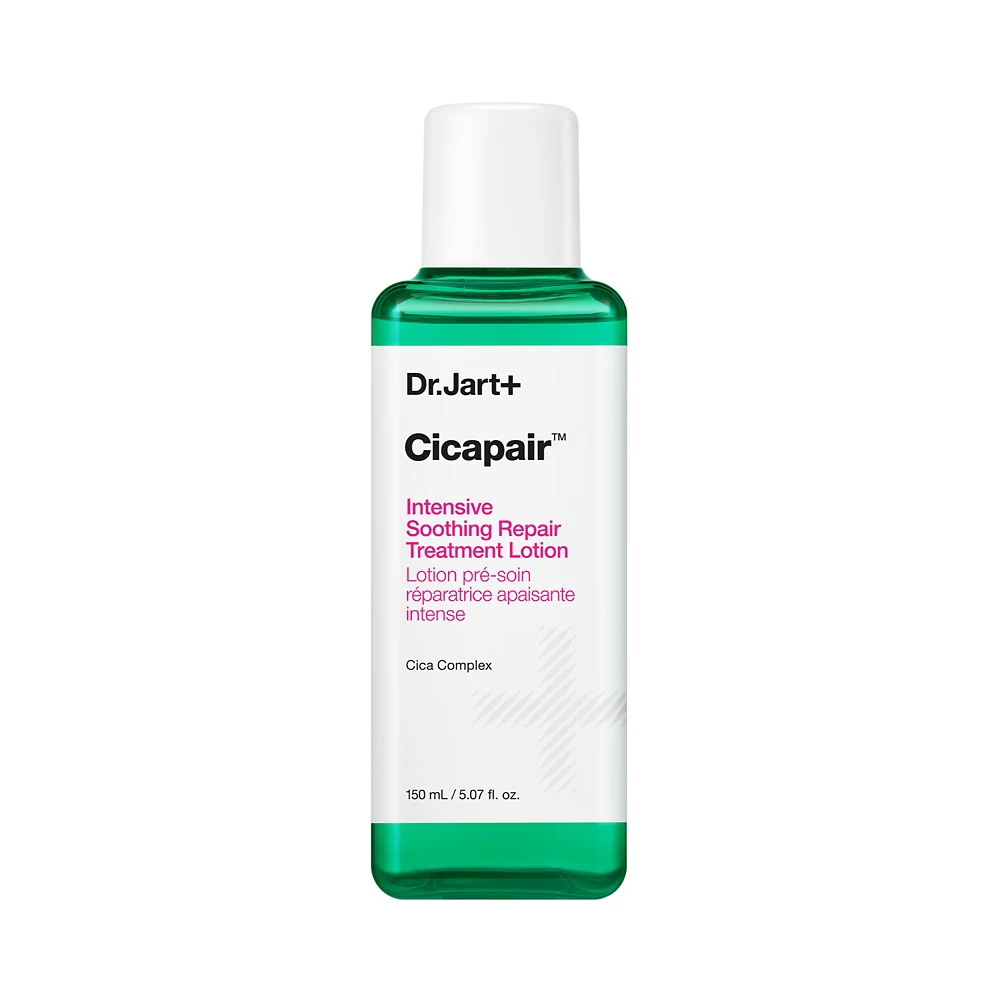 Best for soothing
Best for soothing
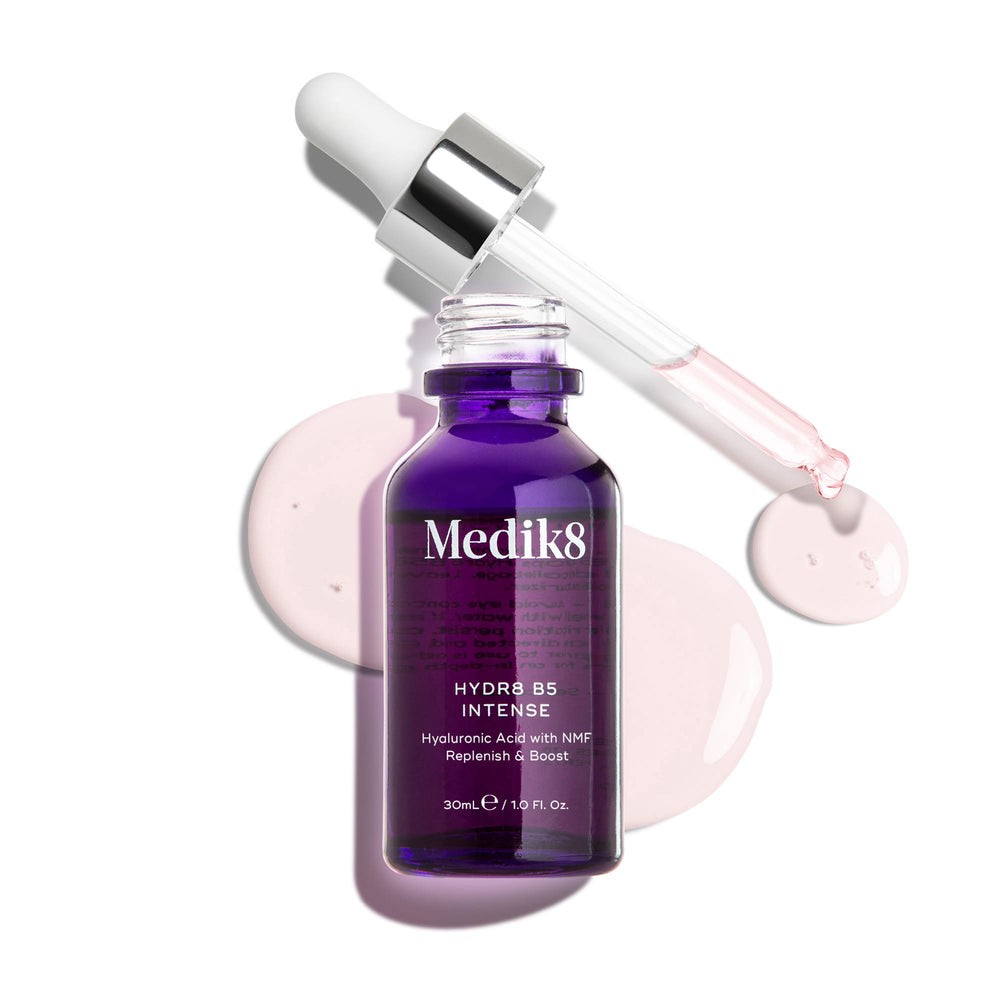
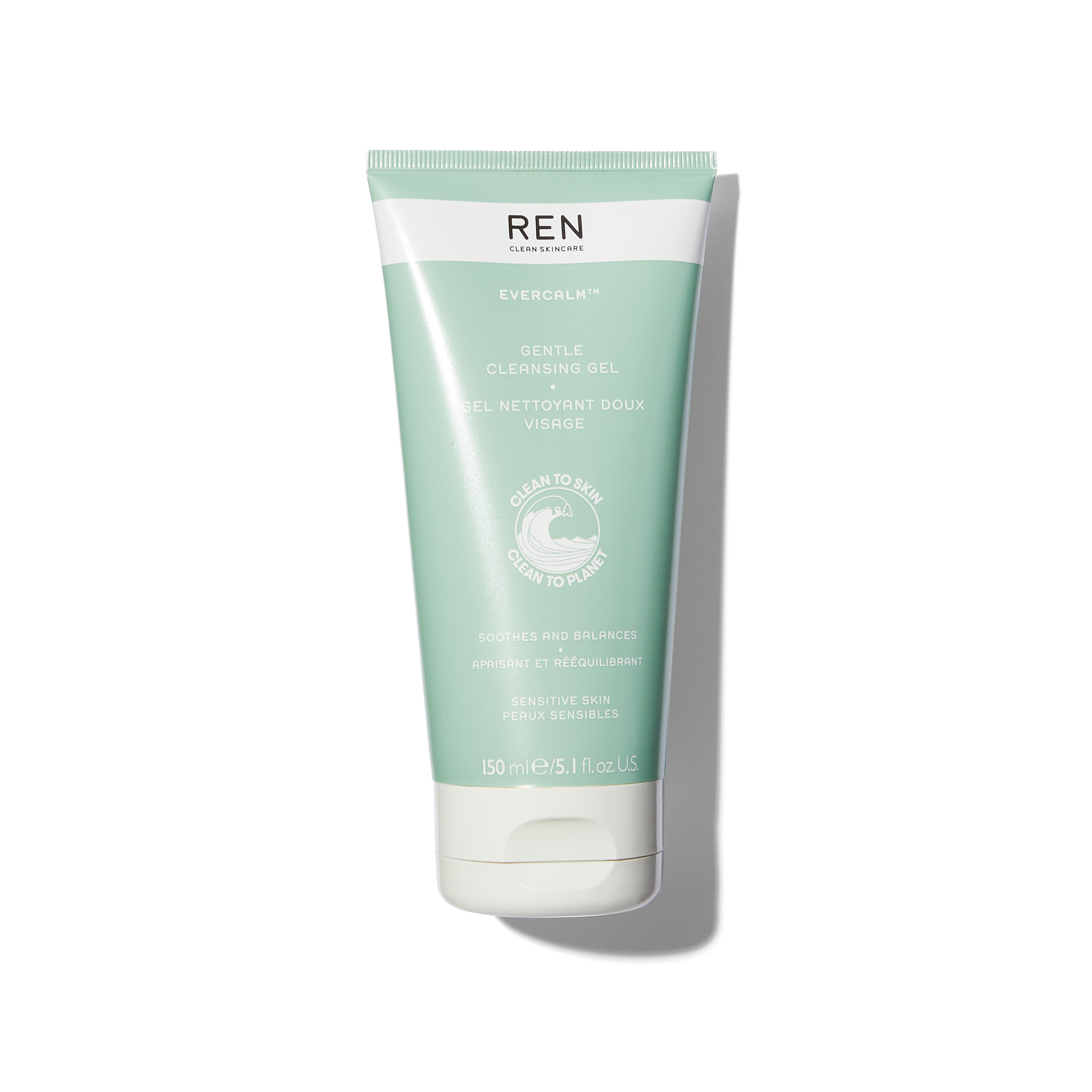
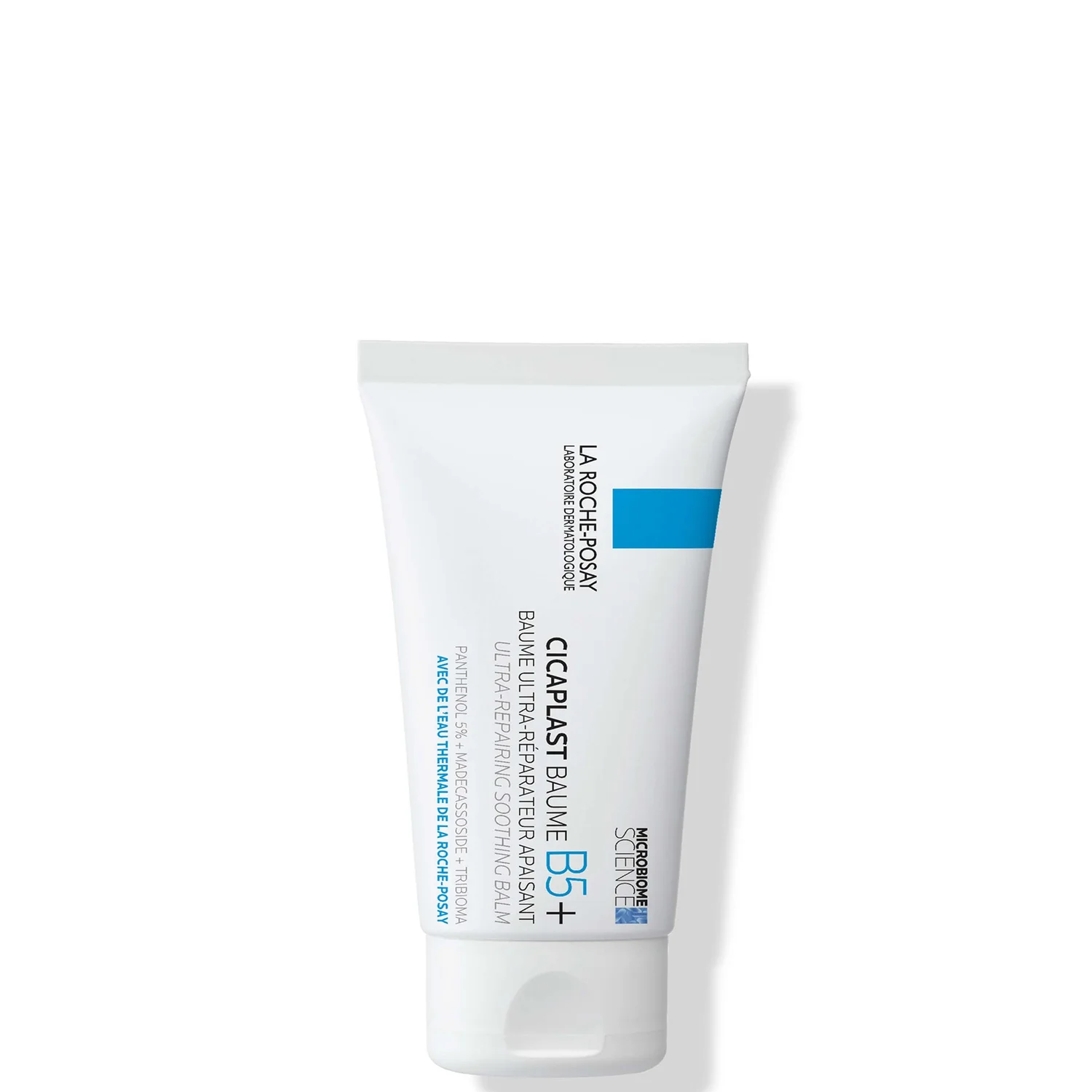 Best for barrier repair
Best for barrier repair
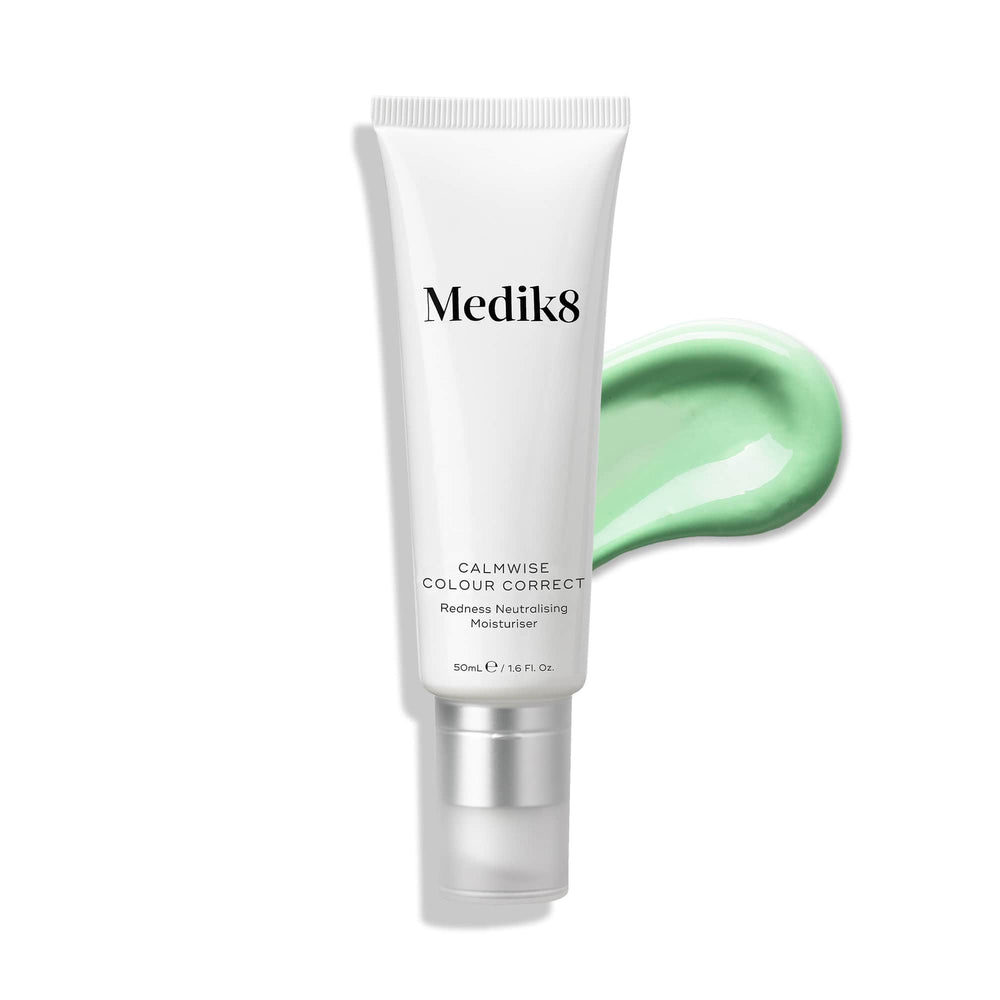
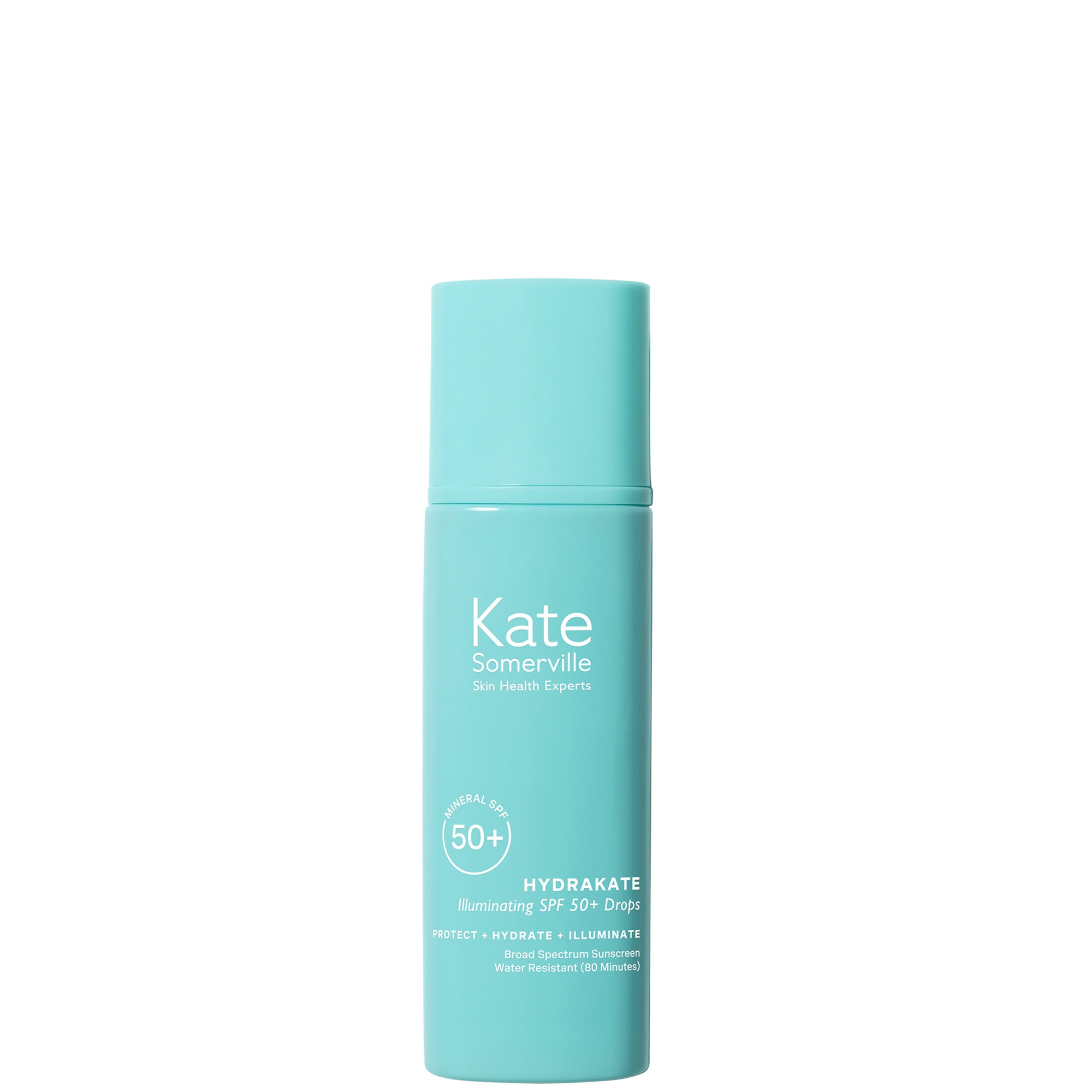
Best products for sensitised skin
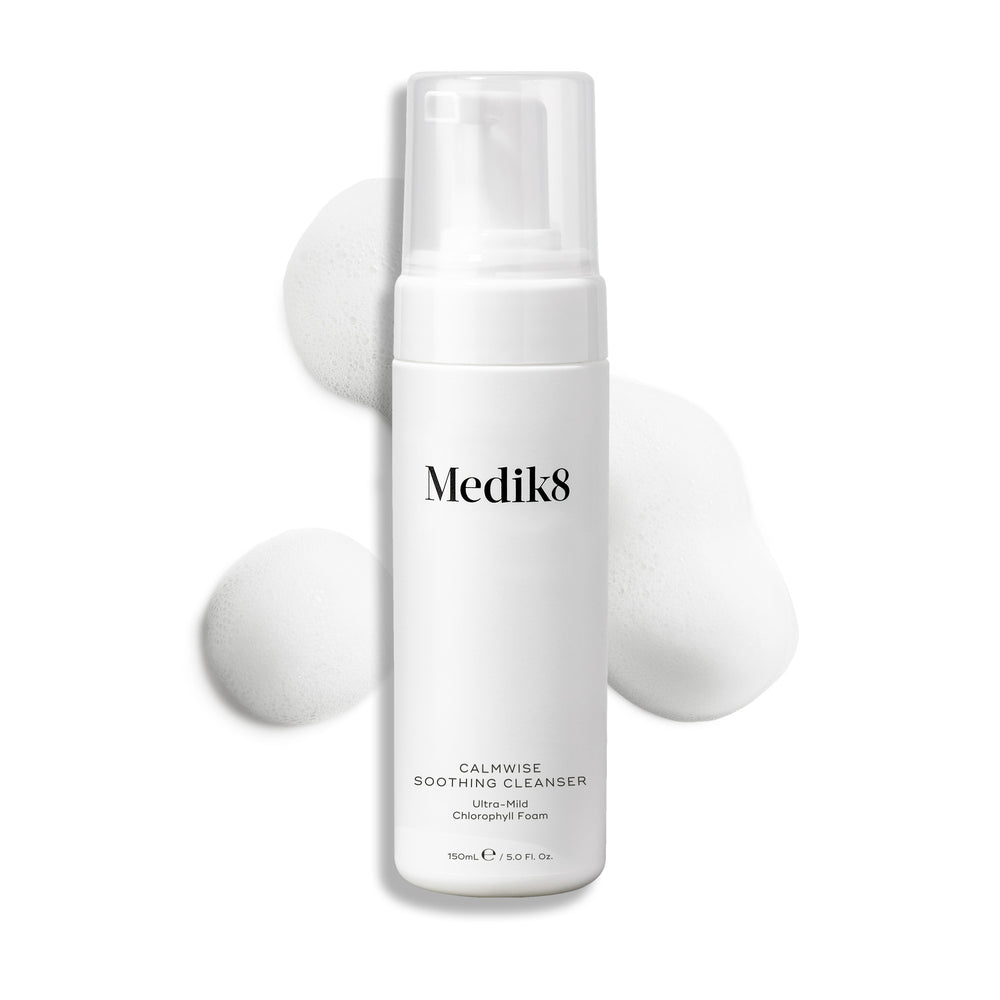
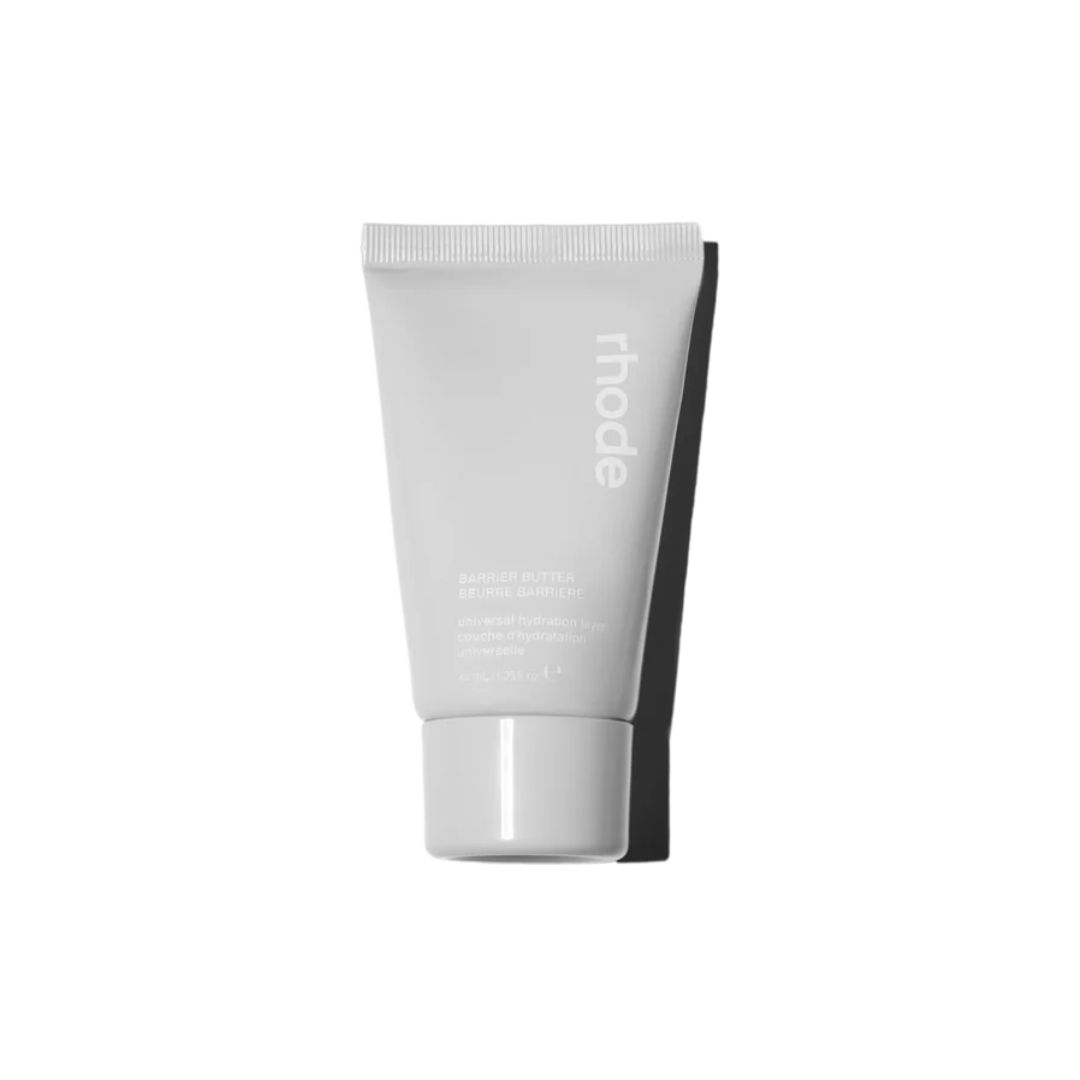
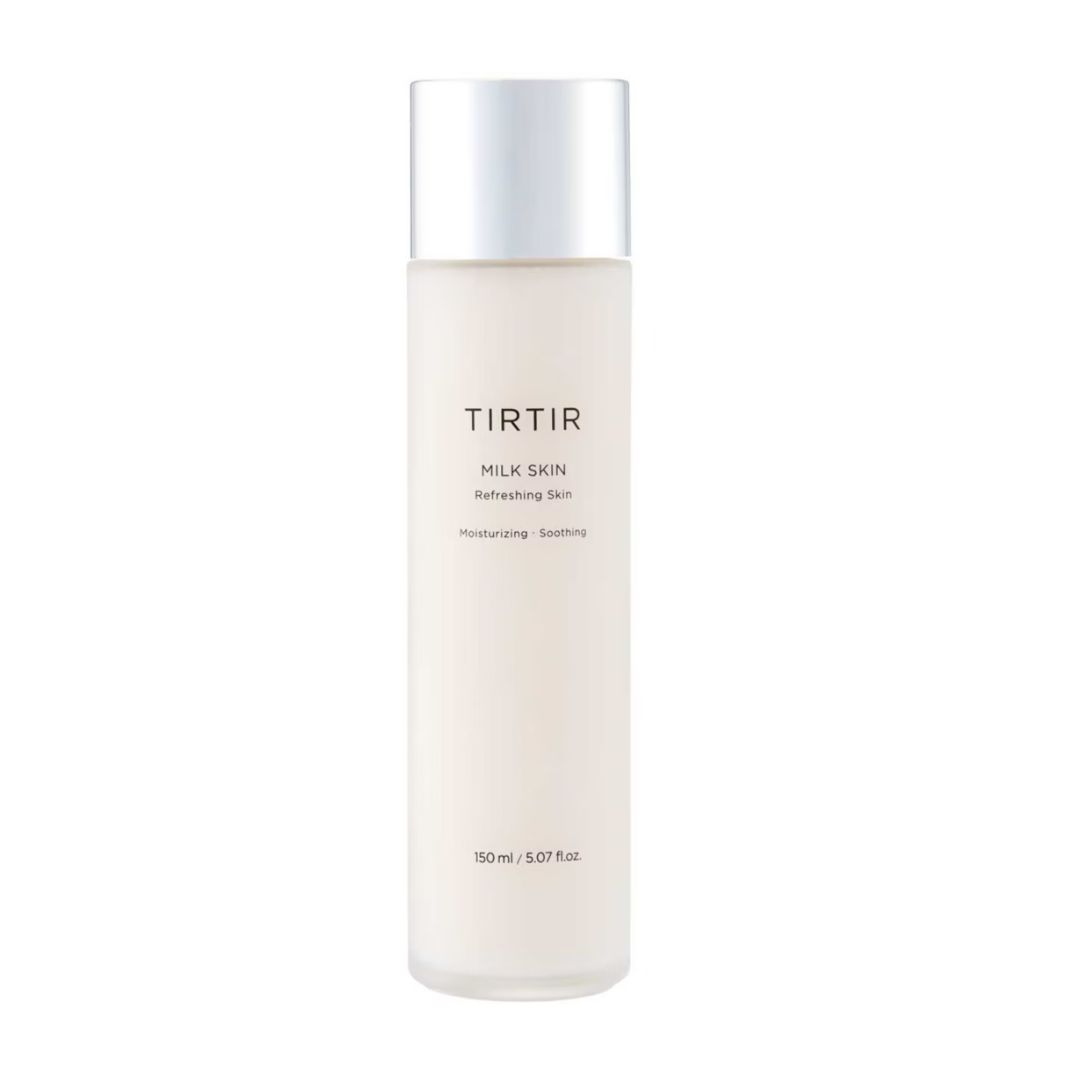
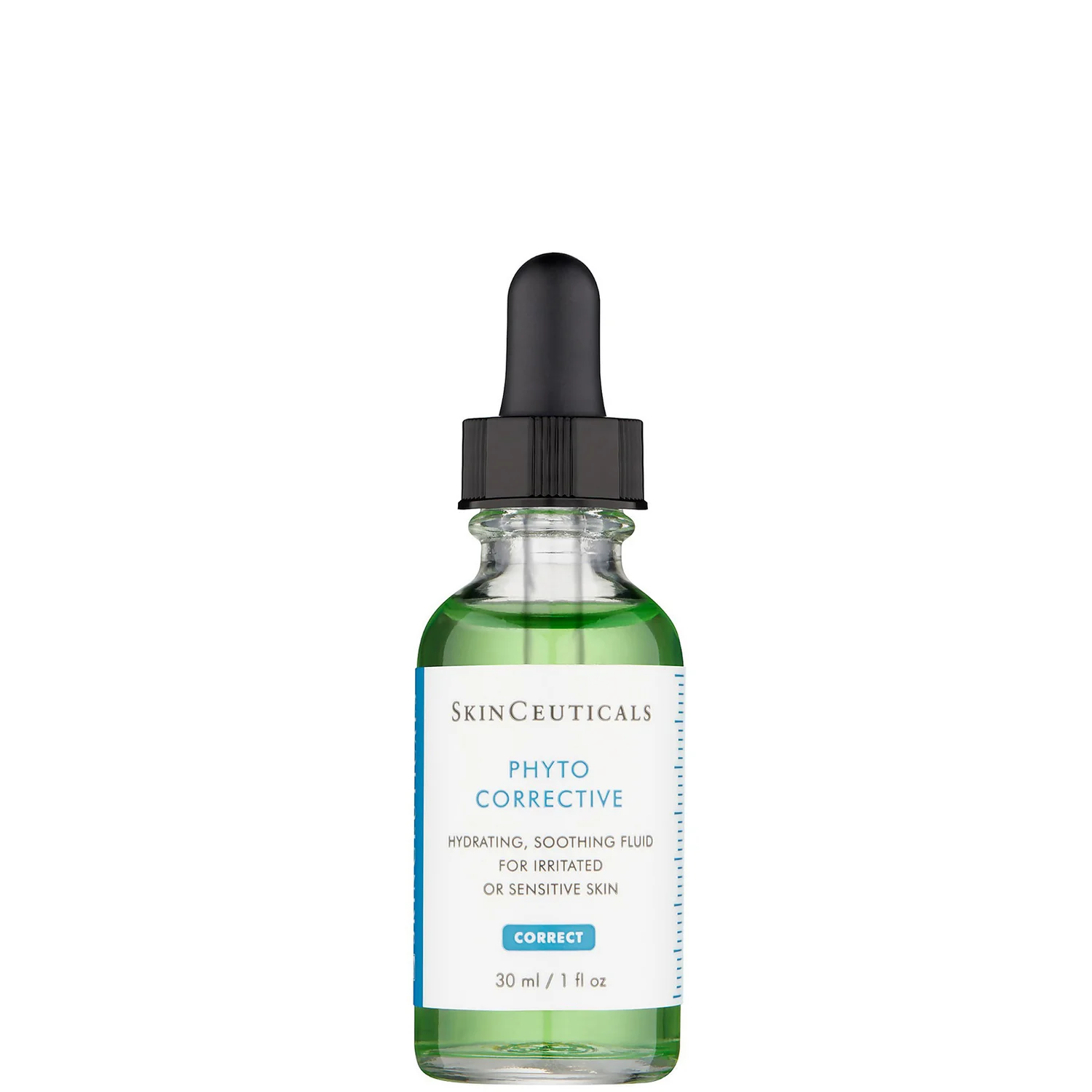 Best soothing serum
Best soothing serum
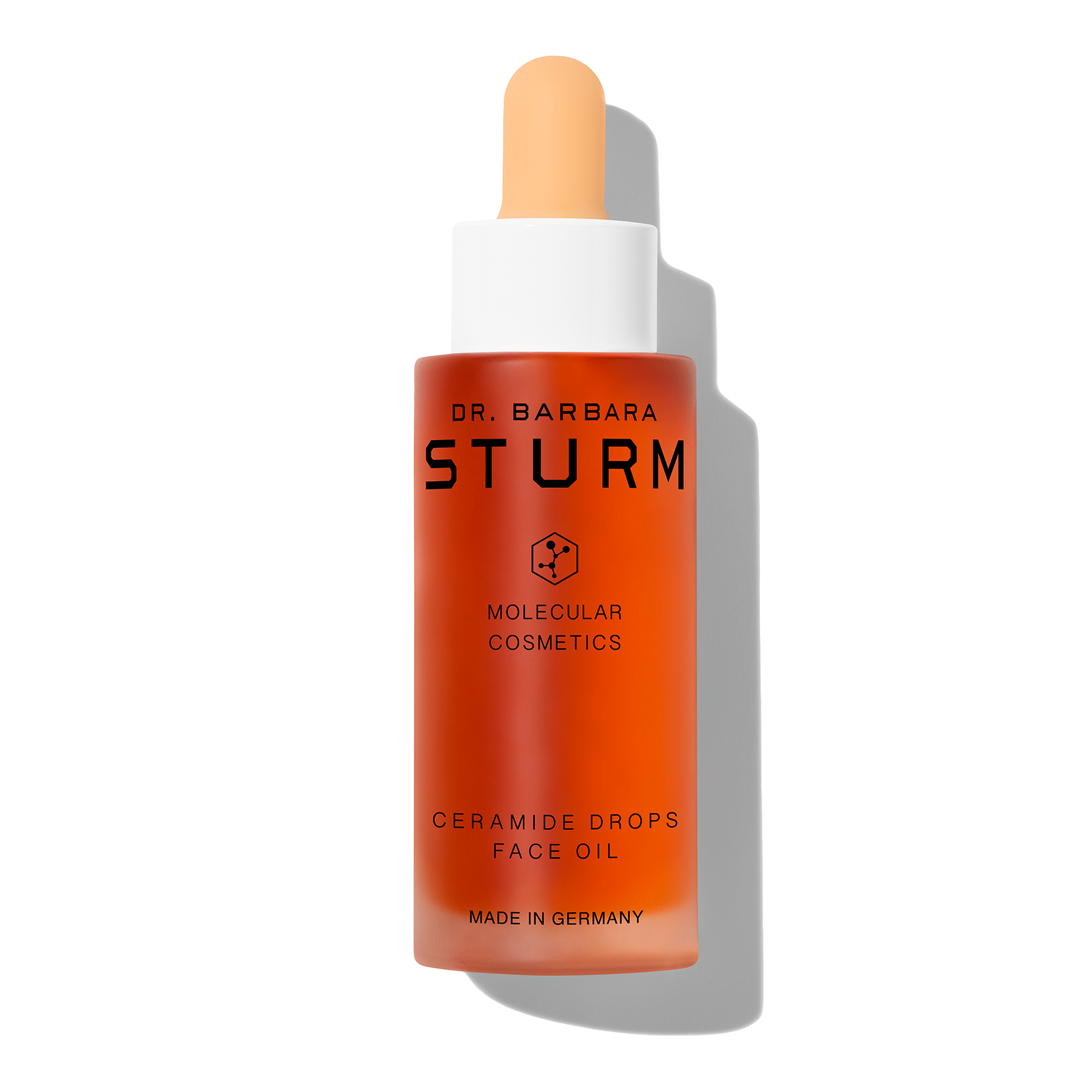
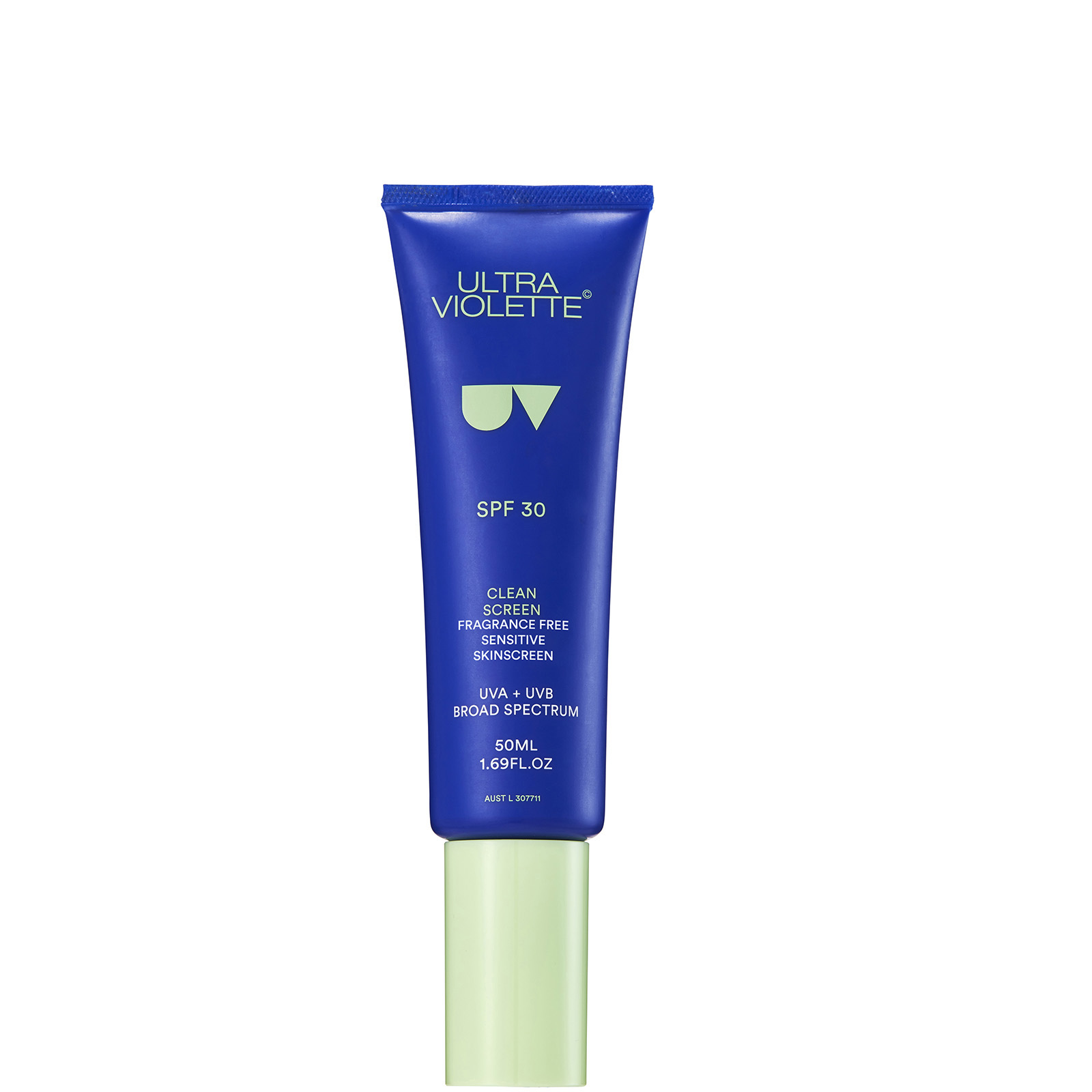

Denise is an award-winning beauty journalist with years of experience in the industry, writing about everything from makeup and skincare to perfume and haircare. Having interviewed celebrities like Khloe Kardashian and Winnie Harlow, Denise's vast writing portfolio also includes a number of product reviews, buying guides, first-person features and deep-dive explainers.
-
 I'd never run a marathon before - six years on, I'm one of the UK's fastest female marathoners. Here's how I train every week
I'd never run a marathon before - six years on, I'm one of the UK's fastest female marathoners. Here's how I train every weekSerious inspo, served.
By Ally Head
-
 I'm don't mean to sound dramatic, but honestly every time I wear this blusher I'm bombarded with compliments
I'm don't mean to sound dramatic, but honestly every time I wear this blusher I'm bombarded with complimentsA cheeky glow
By Lollie King
-
 Why is our generation obsessed with romanticising TV murderers?
Why is our generation obsessed with romanticising TV murderers?By Jenny Proudfoot
-
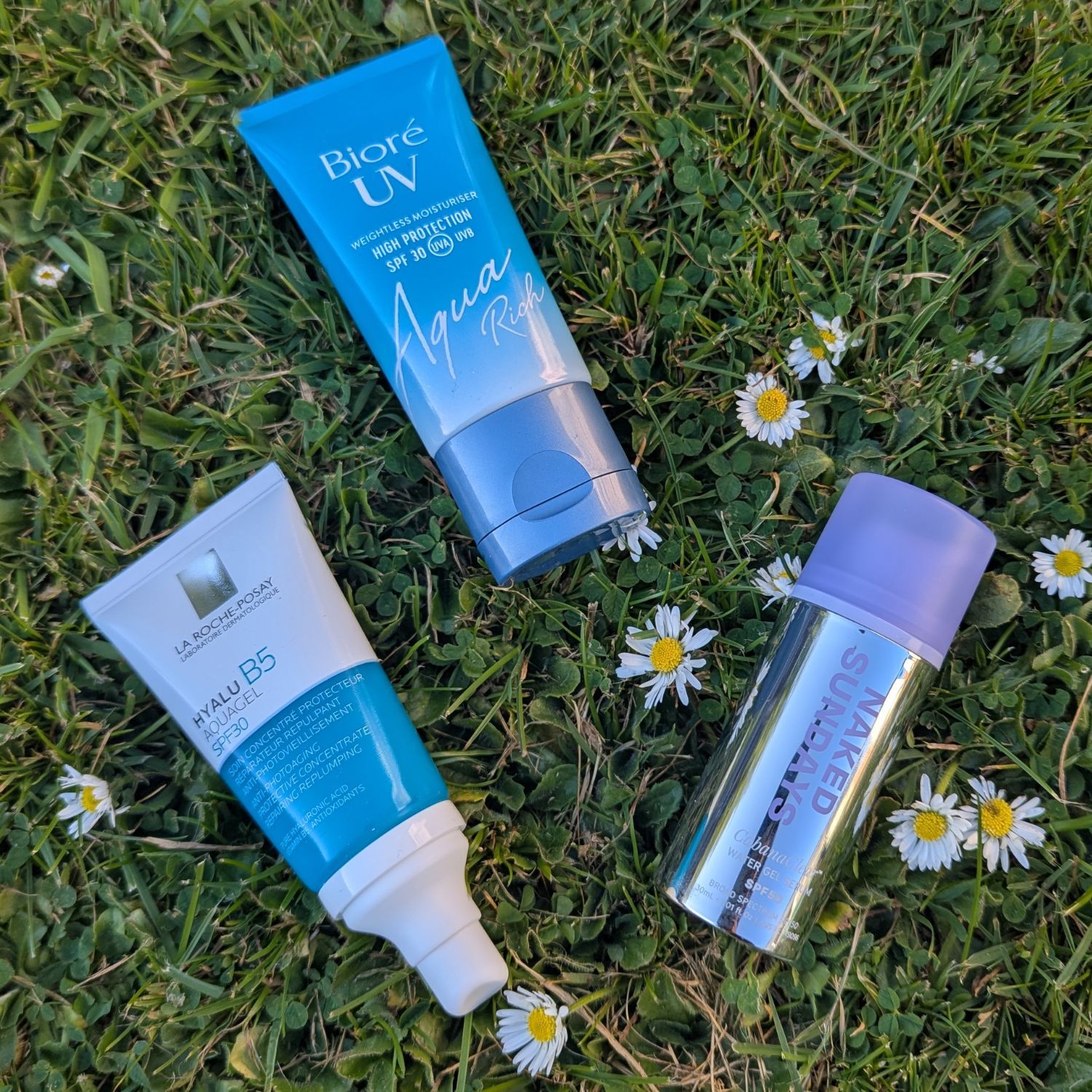 I’ve searched high and low for the best lightweight SPFs—these hydrating, water-based ones are a total game-changer
I’ve searched high and low for the best lightweight SPFs—these hydrating, water-based ones are a total game-changerNo excuses
By Jazzria Harris
-
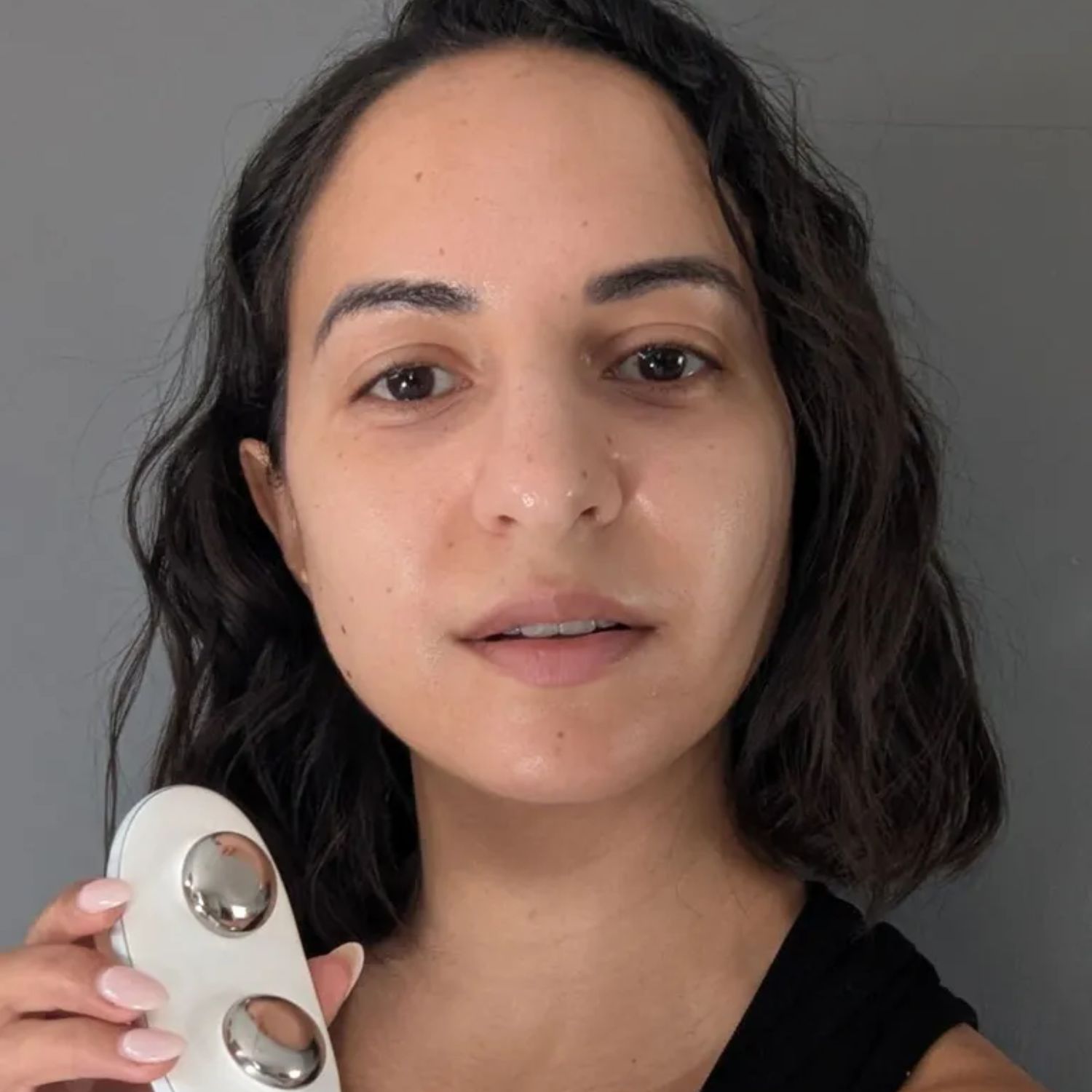 I just tried Margot Robbie's favourite toning tool—after just 4 weeks I've noticed more lift and definition
I just tried Margot Robbie's favourite toning tool—after just 4 weeks I've noticed more lift and definitionProfessional standard results at home
By Jazzria Harris
-
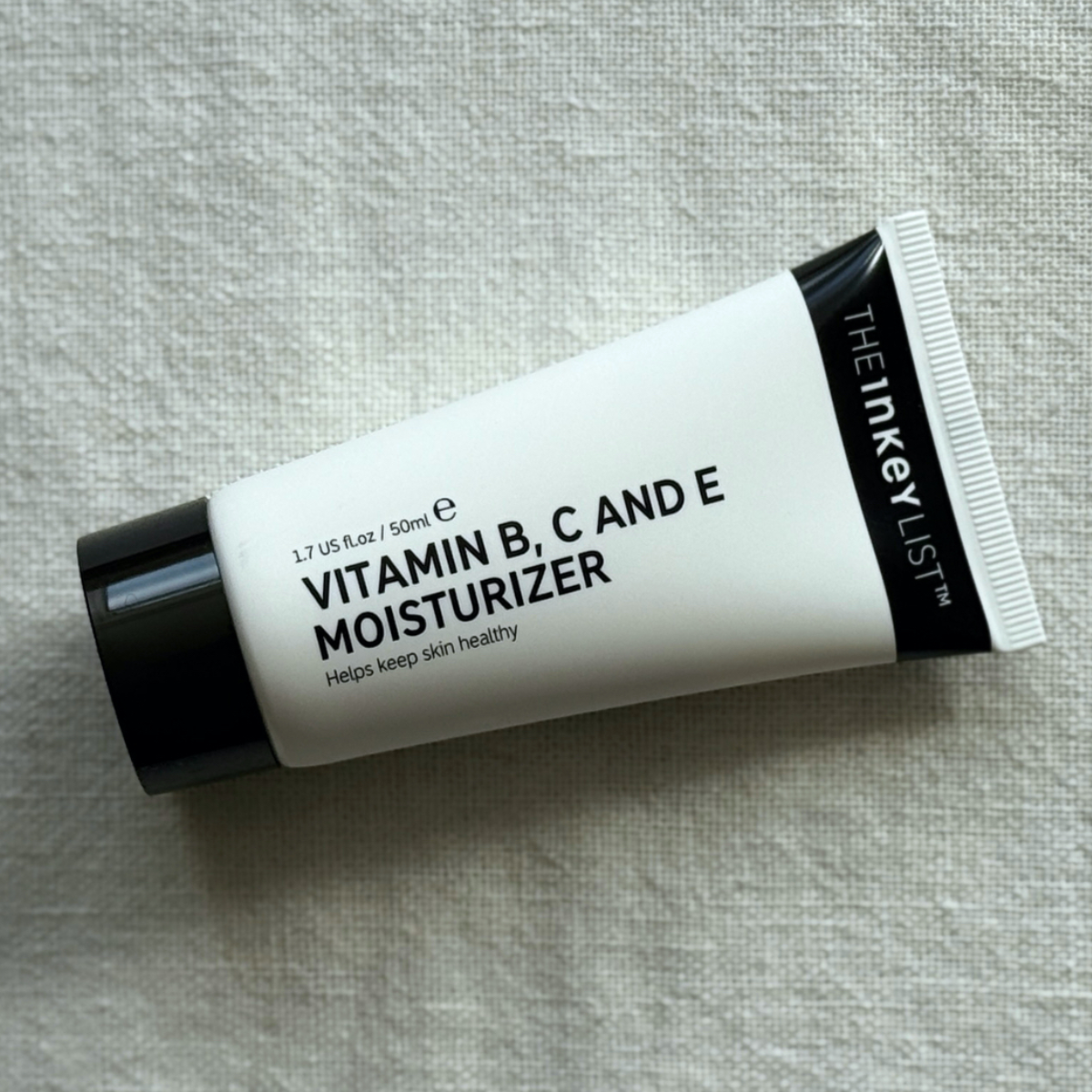 I was overwhelmed by the sheer volume of face creams, until I found this brilliant all-rounder—it costs just £9
I was overwhelmed by the sheer volume of face creams, until I found this brilliant all-rounder—it costs just £9It ticks all of my boxes
By Lucy Abbersteen
-
 Here’s how to get ‘expensive-looking' skin on a budget—according to top experts and aestheticians
Here’s how to get ‘expensive-looking' skin on a budget—according to top experts and aestheticiansYouthful, glowy and healthy
By Rebecca Fearn
-
 I've had tenacious pigmentation since my teens—this ingredient has improved things *hugely* in just 6 weeks
I've had tenacious pigmentation since my teens—this ingredient has improved things *hugely* in just 6 weeksBright, clear skin here we come
By Lollie King
-
 I swear by this age-old technique to perk up dull, dry and tired skin—it leaves me with serious *glow*
I swear by this age-old technique to perk up dull, dry and tired skin—it leaves me with serious *glow*It helps soothe the mind too
By Matilda Stanley
-
 I tested the world’s most powerful at-home laser for pigmentation and scarring—after just a few months, the results can’t be denied
I tested the world’s most powerful at-home laser for pigmentation and scarring—after just a few months, the results can’t be deniedAt just shy of £600, is it worth it?
By Tori Crowther
-
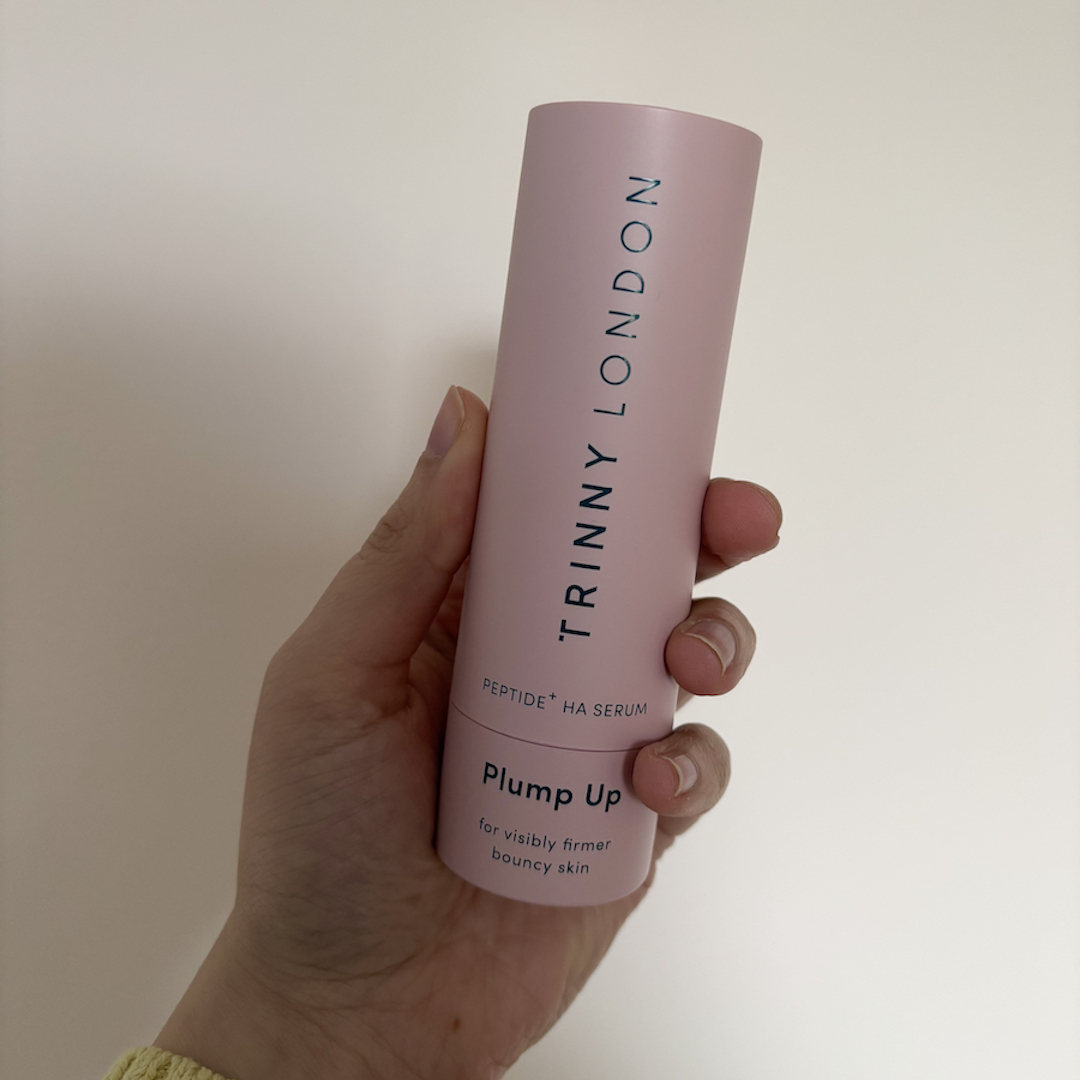 I’m 35 and my skin is way less plump than it used to be—but this sell-out serum is restoring its bounce
I’m 35 and my skin is way less plump than it used to be—but this sell-out serum is restoring its bounceMy shortcut to lifted, juicy skin
By Mica Ricketts